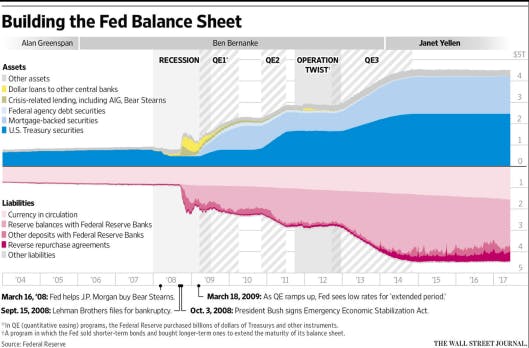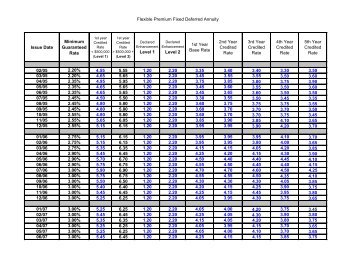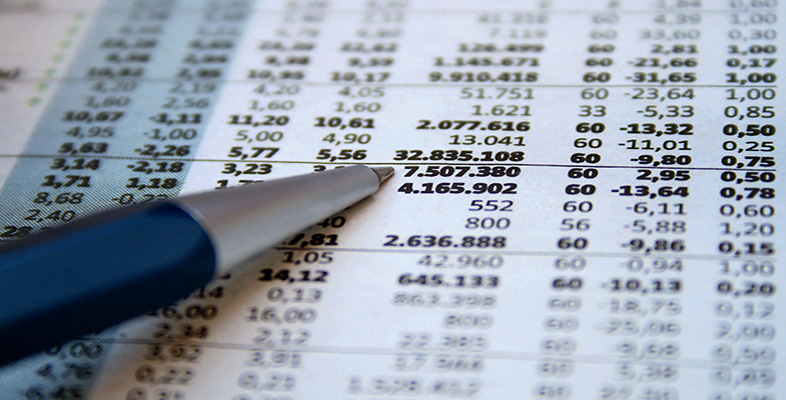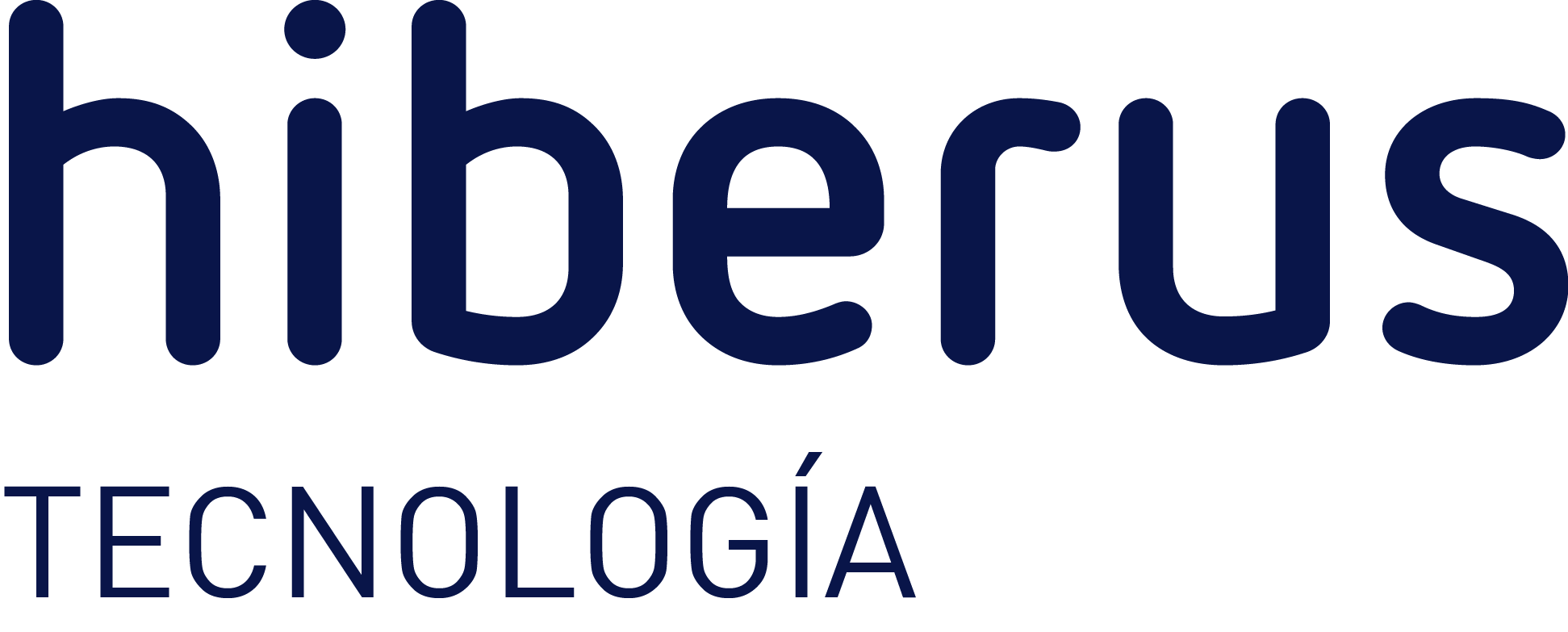What are ETFs How do Exchange Traded Funds Work?
What are ETFs How do Exchange Traded Funds Work?
Contents:


This makes sense because if a trader is placing a directional bet… There are three key factors investors should keep in mind while selecting an ETF. The compound annual growth rate is the mean annual growth rate of an investment over a specified period of time longer than one year. Share with us your destination goal, and we’ll plan your journey for you.
- Japan contributes to the majority of the ETF assets in the APAC region.
- An index fund is a type of mutual fund with a portfolio constructed to mimic its respective index.
- Once securities in the underlying index are changed, the Fund can change the securities in its underlying portfolio by selling the securities that are being removed from the index and including those that are included in the index.
Systematic risk is unavoidable because equities as an asset class are volatile. Both ETFs and actively managed funds are subject to market risks. Unsystematic risk is company specific risk or sector specific risk. Exchange Traded Funds do not have any unsystematic risk because they simply track the index; therefore, it is a good investment option if you want to totally avoid unsystematic risk. ”, exchange-traded funds refer to a collective set of securities whose shares are available for sale on a given stock exchange. ETF shares have an amalgamation of features akin to stocks, mutual funds, and bonds.
What Are ETFs and How Do They Work?
Further, the Facilities Provider cannot always foresee or anticipate technical or other difficulties. These difficulties may result in loss of data, personalization settings or other facilities interruptions. The Website does not assume responsibility for the timeliness, deletion, mis-delivery, or failure to store any user data, communications, or personalization settings. You may choose not to create One ID in which case you will not be able to display all your products across ABC Companies on one page. However, the right research and patience is required to ensure that the pros of your investment outweigh the cons. For example, if you invest in the ETF of an international index, you are bringing political risk.

Like any other mutual fund scheme, the net asset value of the units of an ETF depends on the valuation of all its assets. You can buy and sell these units throughout the day, just like how you trade with shares. In short, ETFs are a combination of mutual funds and direct stocks. Many investors use ETFs and index funds synonymously which is not correct. Though there are few similarities between them, the investors must understand the differences between the two. The most important difference between index fund and ETF is that, index funds are mutual fund schemes to invest in which you do not need demat or share trading account since they are not listed on the exchange.
ETFMirae Asset Nifty 100 ESG Sector Leaders ETF
There are buyers and sellers and the price is determined based on the demand and supply and of course, based on the underlying value of the index or commodity in question. Exchange traded funds are securities that represent the composition of a stock market index, a sector or an asset class such as Gold. They are listed and traded on stock exchange like an individual stock. No worries for refund as the money remains in investor’s account. ETFs generally offer lower expense ratios than active/conventional mutual funds schemes.

Furthermore, they are a pooled equity fund, similar to mutual funds, that offers diversified investing into numerous asset classes such as stocks, commodities, bonds, currencies, options, or a combination of these. One of the big advantages of the ETF as an investment avenue is that the expense ratio is substantially lower that active funds. ETFs have a much lower expense ratio compared to other active mutual funds. On an average, Indian mutual funds have an expense ratio in the range of 2.25%-2.50% whereas an ETF will have an expense ratio of less than 0.50%.
Top Fund Houses
However, ETFs sustain exposure to systematic risk, which cannot be diversified away. These are designed to provide exposure to a particular sector or theme, such as oil, pharmaceuticals, or technology. Rather than tracking the general market, a sector/thematic ETF tracks a basket of stocks that are related to a specific industry or sector, or theme. For example, investing in Axis Healthcare ETF will expose you to different companies in the healthcare sector.
- You may choose not to create One ID in which case you will not be able to display all your products across ABC Companies on one page.
- These ETFs are designed to track a particular index like NIFTY 50 or SENSEX.
- Before answering the question, “What are the numerous types of ETFs one may invest in?” it’s important to know that ETFs offer several advantages to investors.
- Unlike the normal process of investing in mutual funds, there is a slightly different procedure to invest in ETFs.
It is a pooled type of investment operated just like mutual funds. ETFs track index sectors, commodities like gold, or any assets, but it is also traded on stock exchanges. Investors do their buy / sell transactions with the AMC whereas ETFs are listed on stock exchanges like shares. Investors can buy or sell ETFs in the stock exchange at a real time price. Exchange-Traded Fund is a pool of different securities that operates much like mutual funds but is tradable on stock exchanges.
Also called sectoral ETFs, such funds benefit when these industries are performing well, but can lag far behind the peers in the stock market when they face headwinds. Stock ETFs are a very common and convenient way to buy a basket of stocks, without a need to invest into hundreds of individual securities. Some of the popular stock ETFs are the Nifty Bank, Nifty IT, Nifty 50, Nifty Infra, BSE Sensex, etc.
ETF marked its origin in 1989 with Index Participation Shares, an S&P 500 Proxy that traded on American Stock Exchange & Philadelphia Stock Exchange. In the last 20 years of its existence, ETFs have grown quickly to over $882 billion spread across 916 funds as at the end of 2010. This has been the fastest growing investment product globally especially during 2008 meltdown. The various advantages like convenience, low cost, and most importantly transparency has drawn lot of attention from the investors across geographies. Initially, all the ETFs products were launched tracking various equity indices.
An ETF is a basket of stocks that reflects the composition of an Index, like the Sensex or the Nifty. ETF prices reflect the net asset value of basket of stocks in which it is investing. Exchange Traded Funds are actually Index Funds that are listed and traded on exchanges like stocks and are passively managed. Mutual funds aim to generate alpha by outperforming a market benchmark, whereas ETFs aim to track the relevant index and replicate it returns.
Is service tax still applicable on your restaurant bills?
In 2007, the state bank of india house launched the first gold exchange-traded fund called Gold BeEs. Any potential investor should note that investment in the Rights Securities involves a high degree of risk. For details, potential investors should refer to the Letter of Offer dated February 28, 2023 issued by the Company in connection with the Issue, including the section titled “Risk Factors”. Open a Demat account online such that you too can take advantage of these features. It is important to do due diligence prior to making any buy, sell or hold decisions pertaining to securities you might have your eye on. This preliminary research can reduce the potential of your incurring any risks and / or losses and can potentially allow you to accrue greater returns.
Your continued use of the facilities on this Website constitutes acceptance of the changes and an Agreement to be bound by Terms of Use, as amended. You can review the most current version of the Terms of Use at any time, by clicking the Terms & Conditions link on the Website. No fee of whatsoever nature is to be charged for the use of this Website. You also acknowledge and agree that, unless specifically provided otherwise, these Terms of Use only apply to this Website and facilities provided on this Website. Is owned by Aditya Birla Management Corporation Private Limited and the same is used herein under the License by Aditya Birla Capital Limited and its subsidiary companies (collectively hereinafter referred to as “ABC Companies”).
Is WisdomTree Emerging Markets High Dividend ETF (DEM) a … – Nasdaq
Is WisdomTree Emerging Markets High Dividend ETF (DEM) a ….
Posted: Wed, 05 Apr 2023 10:20:00 GMT [source]
Further, ETFs offer diversification, as they invest in various sectors, asset classes and also geographies. Investors seeking diversification across asset classes can achieve that by investing in units of ETFs. ETFs have been named thus because they invest in units that are traded on an exchange, just like shares and stocks. It is a basket that tracks all the stocks of that sector, and their performance is combined, which determines the price and movement change of the ETF.
https://1investing.in/ buy and sell ETF shares on the market from other investors, the AP or market makers. An authorized participant purchases the underlying securities then exchanges them for a large block of ETF shares of equal value in what is called an “in-kind” transfer. It is an “in-kind” transaction because the AP is exchanging the same exact securities with the same value; rather than exchanging for cash.

ETFs, as a form of passive equity, are concentrated in Nifty and Sensex, accounting for approximately 65 percent of total ETFs. Government Equity and Debt ETF is 20 percent of total domestic ETFs. Gold ETFs are striving to gain visibility among other popular choices in the Indian markets. Under passive equity, ETFs have outgrown index funds by a landslide over the past five years.
Thus the current trading value of an ETF is based on the applicable value of net assets that the Exchange Traded Fund owns at that point of time. The shareholders of an ETF are also liable to receive profits earned from the underlying assets in the form of dividends or interest earned. While most mutual funds are created to outperform a benchmark, ETFs are created to track an underlying factor.
“KYC is one time exercise while dealing in securities markets – once KYC is done through a SEBI registered intermediary (broker, DP, Mutual Fund etc.), you need not undergo the same process again when you approach another intermediary.” Whereas the daily trading volume of HDFC Nifty exchange traded fund is 1,016 shares. However, large investors like authorized participants and institutions can acquire ETFs units through a process called “in-kind” creation. In this, the large investors deposit the shares that constitute the index, to the sponsor of the ETF fund. The sponsor in turn issues the ETF units termed as creation units.



